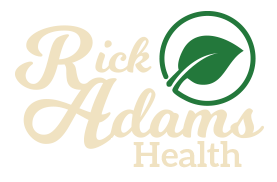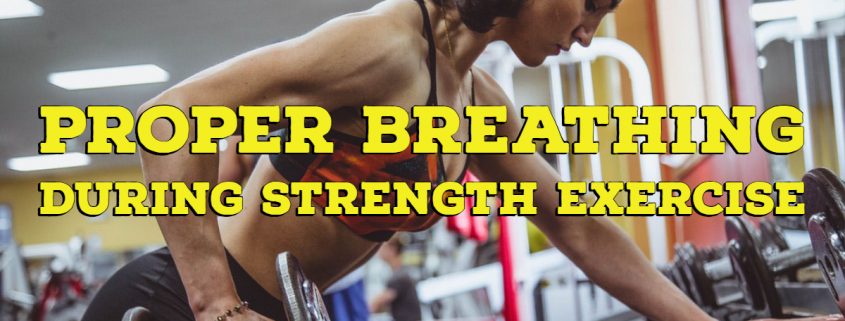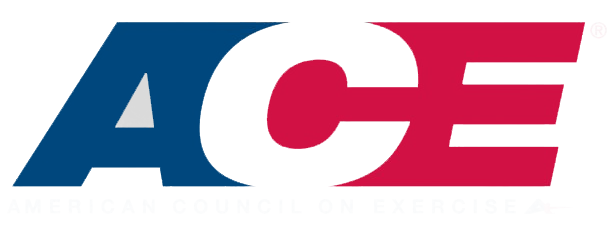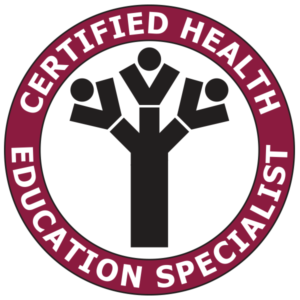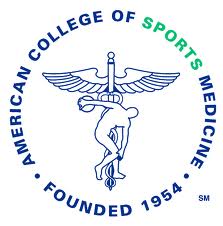4 Practical Tips for Improving Your Mental Health Through Self-Care
The importance of self-care is becoming known to more and more people. However, it is still misunderstood by many as being an excuse for self-indulgence. It seems that the more popular lifestyle is to work relentlessly and continue one’s ceaseless climb up the ladder to success.
However, this often leads to a life of constantly feeling overwhelmed, and it can eventually lead to anxiety and depression. For your mind’s sake, you have to prioritize self-care. Here are four practical ways to take care of yourself that will benefit your mental health.
Eat Healthy
Nothing is more important than nutrition when it comes to physical health, and the same goes for mental health. Our bodies and minds depend on nutrients, so when we eat junk with all kinds of fillers, we’re not doing ourselves any favors. One of the leading causes of obesity and other food-related health problems is the lack of portion control. Just being conscious of how much you eat can make a world of difference in how you feel.
Also, there are now more healthy options than ever before, so it’s realistic to say that you can eat a variety of interesting foods and still get plenty of nutrition. This comes in handy and will help you maintain healthy eating habits if you easily get bored with the things you eat.
Do Stress-Reducing Activities
No matter who you are, you probably deal with stress in a variety of ways as part of your everyday life. It’s well-documented that stress is often a major factor in anxiety, high blood pressure, cardiovascular problems, diabetes, sleep deprivation, depression, and many other health issues. It’s important for all of us to take initiative in keeping our stress under control. Activities such as exercise (e.g., yoga, tai-chi, running), meditation, playing/listening to music, and breathing exercises can all help with reducing stress.
Another stress-reducing activity is to go through all your belongings at home and get rid of the things you haven’t used in years or will likely never use. When you declutter your home, you declutter your mind. Everyone has certain items that mean something to them. When you declutter, it’s likely that some items won’t make the cut. If that’s the case, you can always rent an inexpensive self-storage unit to keep those things safe and out of your way for a little while. It’s a worthwhile expenditure in the short-term to give you some breathing room and doesn’t have to cost a lot.
Get Some Sleep
Too many people are not getting enough sleep. In fact, 40.6 million American adults get six or less hours of sleep per night. Sleep deprivation hinders you from living at full potential. So, if you want to be more productive and less stressed, as well as have a higher overall quality of life, rest is paramount. Try to set a bedtime, cut back on stimulants (i.e. alcohol, nicotine, caffeine), dim the lights a couple hours before bedtime, and avoid electronic devices while you’re lying in bed. And if it’s been over five years since you replaced your mattress, it might be time to do so (keep in that a queen-size mattress runs between $250 and $5,000). For more helpful tips on how to get better sleep, check out this article.
Just Relax
One of the best ways to improve your mental health is to take moments for relaxation. For instance, have some Play-Doh, Silly Putty, or a stress ball nearby to squeeze when you start to feel tense at work. Go for a stroll on your lunch break or when you get home in the evening. Say “no” to going out for drinks and take a nice, hot bath with Epsom salt to relax your muscles. If you want to go the extra mile, add essential oils to the water or light an aromatherapy candle.
Although you want to do what is necessary to succeed in life, it’s essential that you take a step back every now and then to make sure you’re taking care of yourself. Be sure to eat healthy portions of nutritious foods, and take advantage of the variety available today. Do stress-reducing activities like exercise, meditation, and listening to music. Evaluate your sleep routine and change it if you need to. Finally, take moments each day to relax.
Photo Credit: Pexels
Thanks to Brad Krause for his guest blog post! Get to know him and his work better at his website Self Caring
How to Approach Your Goals: Want vs Wish
People come to me with goals they hope to accomplish to improve their lives. Their attitudes towards how they will accomplish their goals often gives me a good idea if they will succeed. Some of these people truly want to achieve their goals, while others only wish for them. Let’s look at the difference between wanting and wishing your goals. One often leads to success while the other often does not.
Early last year I was invited onto a podcast to discuss New Year’s resolutions and if they were a useful tool to reach health goals. I explained that a New Year’s resolution can be a good time to improve on health goals because It takes place after holidays like Thanksgiving, Christmas, and New Year’s when people are more stressed, traveling, and usually eating more sweets. The biggest barrier to having a successful New Year’s resolution is how people approach their goal. They treat their goal only as a wish.
Far too often people treat their resolutions as a wish, like they discovered a genie and would be granted a wish. There is usually little to no planning on how to actually achieve their goal, just the outcome the desire. When you only wish for your goals, they are very likely to never come true. When you actually WANT your goal, you will be willing to plan, seek out help, and work hard to achieve your goals. If you really want to achieve something that will better your life you will go through hard times to get it.
A recent example I can give is my goal to improve my public speaking ability. It would open up doors to improve my career, so I decided to make it a priority and professional goal of mine. I began by researching and asking around about where I could improve on my public speaking skills. I learned there was a local Toastmaster’s chapter where I live. It is a group that meets, gives speeches in front of other members, and you receive feedback on how to improve your public speaking. I attended a few meetings and realized it would be a great tool to help me achieve my goal. Though I may not always feel like going because I may be nervous to speak in front of more experienced members, I know that it will help me achieve my overall goal of becoming a better public speaker. Sometimes to accomplish our goals we have to put ourselves in uncomfortable situations that we know will help us.
What can you do?
If you have a goal for yourself, whether it be health related or otherwise, consider what you need to do to achieve that goal. It may require studying, practicing, or joining a group. You do not want to have a goal with no way to accomplish it. Then your goal becomes just a wish, and unless you have a genie, that wish is most likely not going to come true. Think deeply about how you can achieve your goals and then act on it. WANT your goals, do not only wish for them.

CHES, ACE Health Coach, AFPA Nutrition & Wellness Consultant
Want to work with and learn more nutrition, exercise, and how to improve your health? Contact Rick to set up a free consultation now
Proper Breathing During Strength Exercise
When exercising, it is important to select the appropriate resistance, use proper posture, and select the correct number of sets and repititions. To obtain the best results from your exercise routine, these are required. One important topic that often is overlooked for best results is properly breathing during your strength exercise routine. Proper breathing during strength exercise can, however, improve overall performance, safety, and results.
Before we look at the positives of proper breathing during your strength exercise routine, let’s take a look at the negatives of improper breathing and how it can affect your health and safety. The greatest mistake is to hold your breath throughout your exercise. Some individuals are naturally inclined to hold their breath while straining to lift a heavy object. Without proper breathing, they can experience lightheadedness, dizziness, a dull headache, or in more extreme cases, they may lose consciousness. Holding your breath while lifting a heavy object triggers a reaction in the body that causes blood pressure to increase rapidly. People that hold their breath while lifting a heavy object become red in the face due to the pooling of blood as they strain themselves.
Let’s address what we can do to avoid the negative health effects while also getting great results from our strength exercise routine. The solution is simple but can take time to master. As a personal trainer, I have some clients that understand and utilize proper breathing techniques quickly and others that struggle with the concept. Here is what you want to do: when exerting yourself (concentric phase), breath out, then breathe in as you come back to the starting point of your exercise (eccentric phase). Exhaling during the concentric phase will help avoid drastic swings of blood pressure, and inhaling during the eccentric phase will assure that your muscles receive enough oxygen and will not fatigue as easily during your workout.
When lifting a particularly heavy object, it may also be appropriate to use a technique called the “Valsalva Maneuver.” This technique slightly delays the exhale on your repetition to help create more force. You may hold your breath for the first half of the concentric phase of the repetition while breathing out once during the second half to complete the repetition. The breathing is slightly delayed, but you still must exhale on the concentric phase and inhale during the eccentric phase.
Use these breathing techniques while doing your next strength exercise routine and notice your results. I’ve seen several clients notice that their exercises seem easier now than they did when they were not breathing correctly. This can lead to increases of exercise resistance or volume and better overall results.

ACE Health Coach, ACSM Personal Trainer, AFPA Nutrition Consultant, CHES
Want to work with and learn more nutrition, exercise, and how to improve your health? Contact Rick to set up a free consultation now
